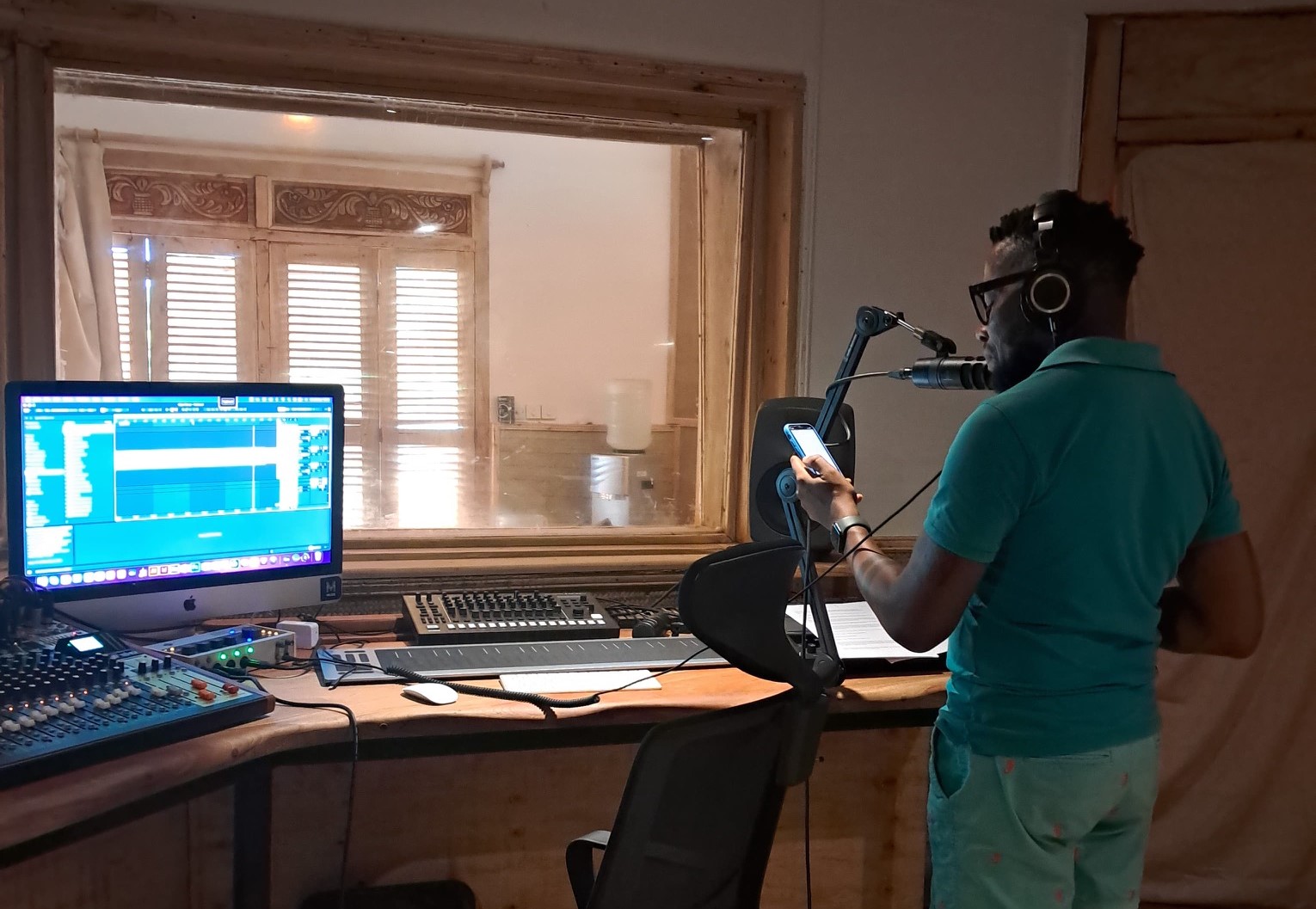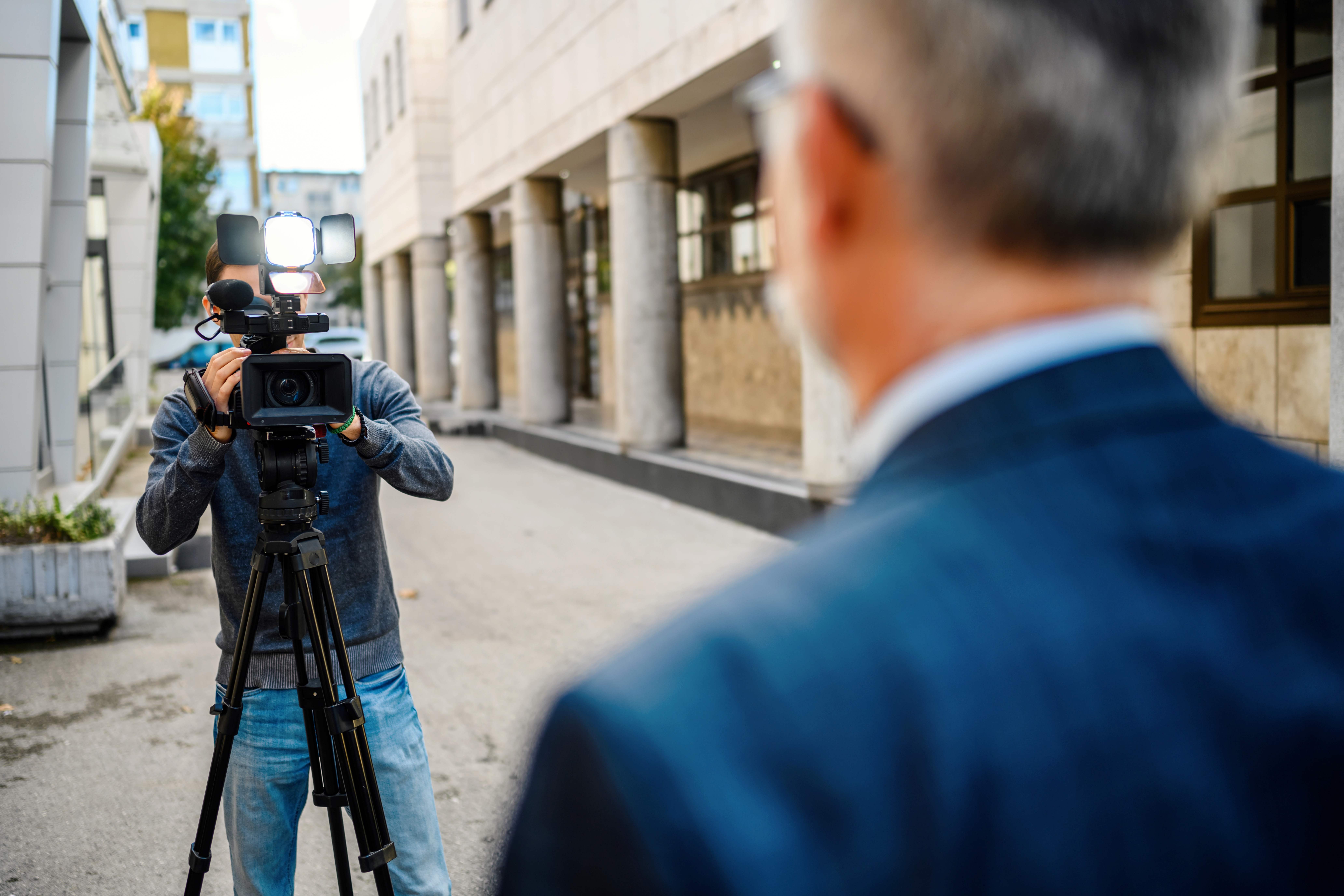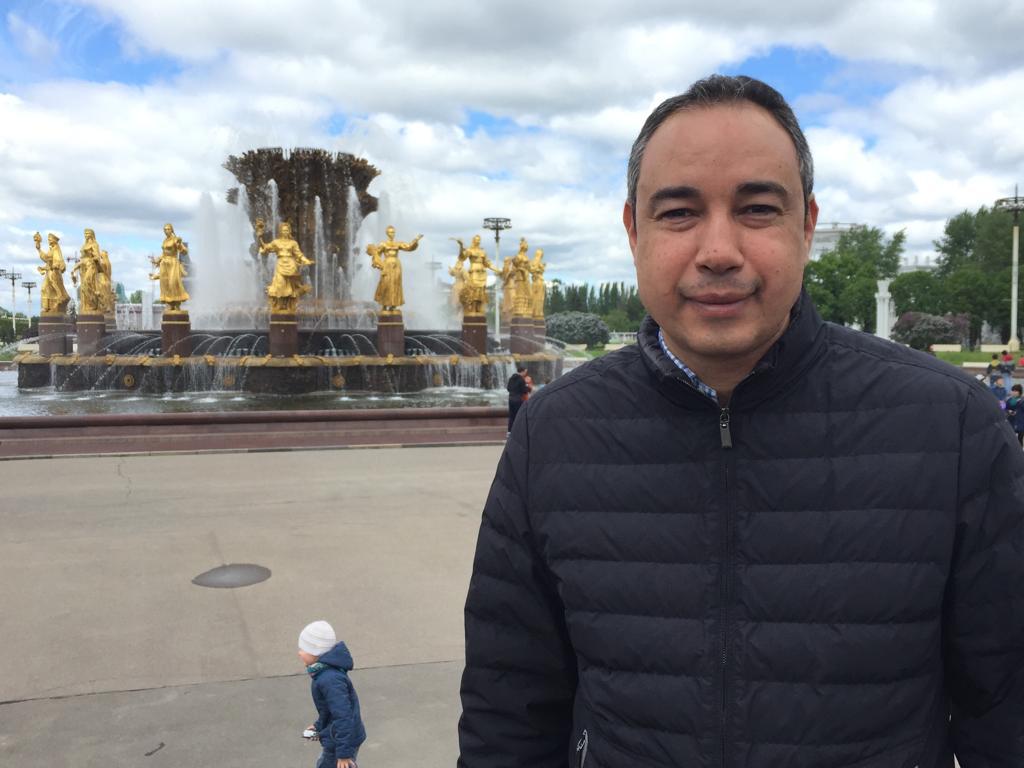The surge of podcasts across Africa is a burgeoning trend, encompassing a wide array of themes and subjects, and swiftly expanding across various nations.
Over the past few years, the number of African podcasts has risen significantly, producing content focusing on various, yet often ignored topics, spanning from gender, finance, politics and health. Operating from different African nations, usually on shoestring budgets, sometimes using makeshift gadgets, and facing stiff competition from other media, they are gaining a global audience.
A study by Reuters in South Africa and Kenya found that around 40 percent of the more educated, urban users are monthly podcast users, mainly driven by the convenience, schedule flexibility, and diversity of content offered by the podcasts. Topics on podcasts cater to the interests of the younger generation more than the traditional topics covered on radio.
The popularity of podcasts in Africa has resulted in Africa Podcast Day, courtesy of Africa Podfest, a date set aside to celebrate these achievements every February 12, providing a platform for content creators from different nations. A 2022 report by Africa Podfest and Braza Media Lab entitled: Mapping Out the Present & Future of African Audio Storytelling, revealed there are over 1,000 active podcasts in these countries.
Continental Drawbacks
“From our previous research, we have learned that one important missing piece which is needed to grow the podcasting industry is reliable information that aids podcasters and ecosystem supporters to make good decisions,” the 2022 research report said. “The most frequently asked question by podcasters in our community and innovators who are seeking to expand the podcasting medium is about the potential sustainability of podcasting. Podcasting is a crucial growth opportunity for Africa's creative economy, potentially providing sustainable employment for millions of youth.”
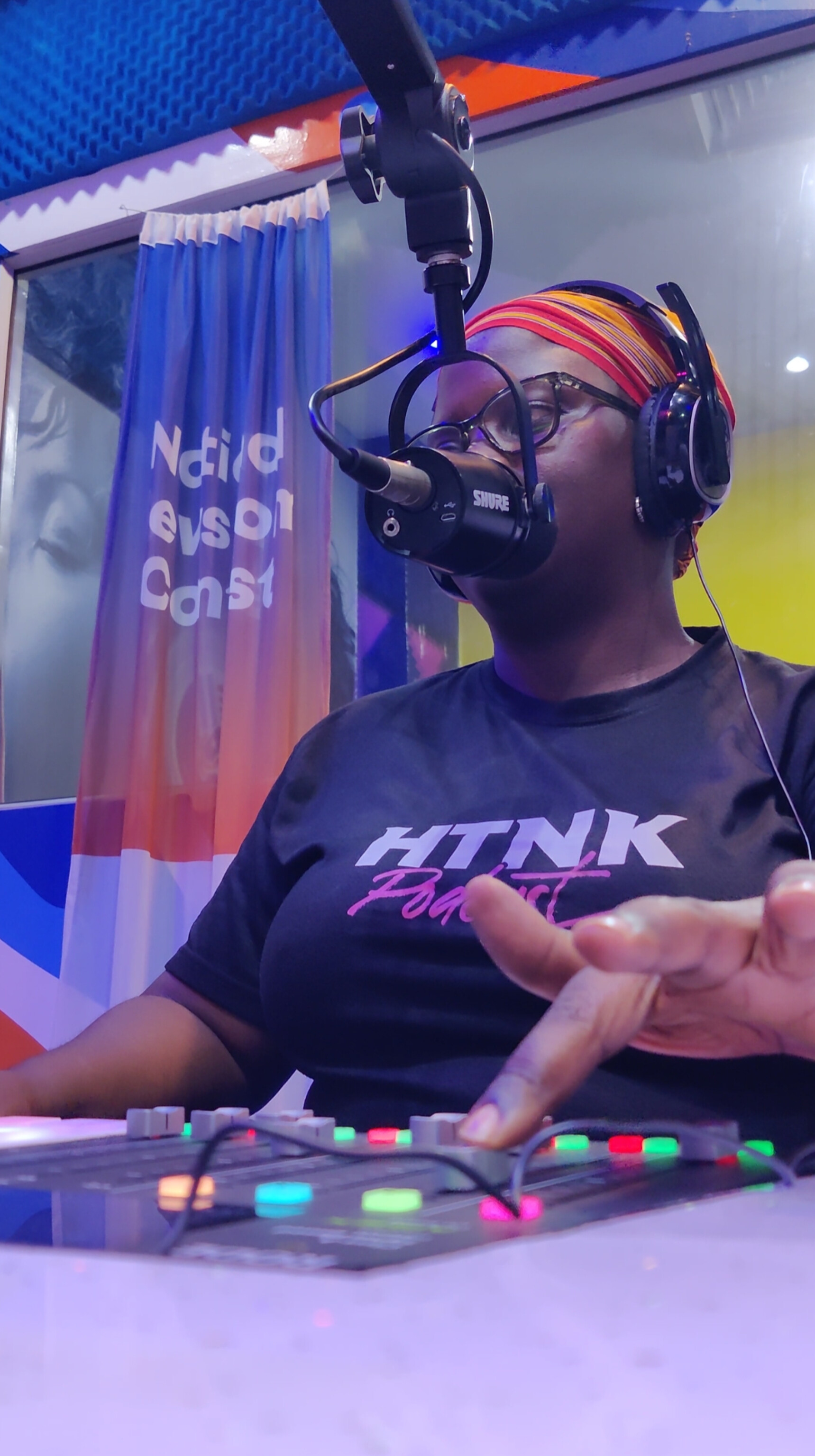
Away from these milestones, some continental limitations still exist for African podcasters, such as financing, with many funded via personal savings with negligible returns, while limited internet reach and expensive data are some of the tethering drawbacks. Nabuguzi Kiwanuka, a 31-year-old Ugandan lawyer and mental health advocate, started her own podcast, Hash Time with Nabuguzi Kiwanuka, in December 2019, after years of being perplexed by the word podcasts.
The radio and TV programming lack a sense of originality. Every new station mostly wants to copy and paste the older station's programme lineup.
“I downloaded a podcast platform, tried tinkering with some features that I didn't really understand and shared a few seconds of audio to someone. I remember him saying something close to: “I don't know what this is but I think I like it. I love conversations, they liven me. I knew it would be great for me to have more of them on a bigger ‘stage’”.
Kiwanuka says, unlike radio and television, podcasts offer variety and fresh content. “I believe there has been some kind of general fatigue when it comes to mainstream media and on this part, I will mostly speak from the Ugandan context. The radio and TV programming lack a sense of originality. Every new station mostly wants to copy and paste the older station's programme lineup. When podcasts came, the audience had the power to choose what they wanted to consume at their discretion and convenience.”
I think radio and podcasting can sit comfortably side by side, podcasting provides an opportunity for radio content and I am glad it has democratised the airwaves
Sacred Topics
For Kiwanuka, podcasting gave her a rare chance to speak out on mental health, which, in 2022, was affecting almost 116 million people in Africa, according to the WHO. In Nigeria, according to The Conversation, one in every four people reported one or more types of mental illness. The country of 200 million people has fewer than 150 psychiatrists, and less than 10% of mentally ill Nigerians have access to them.
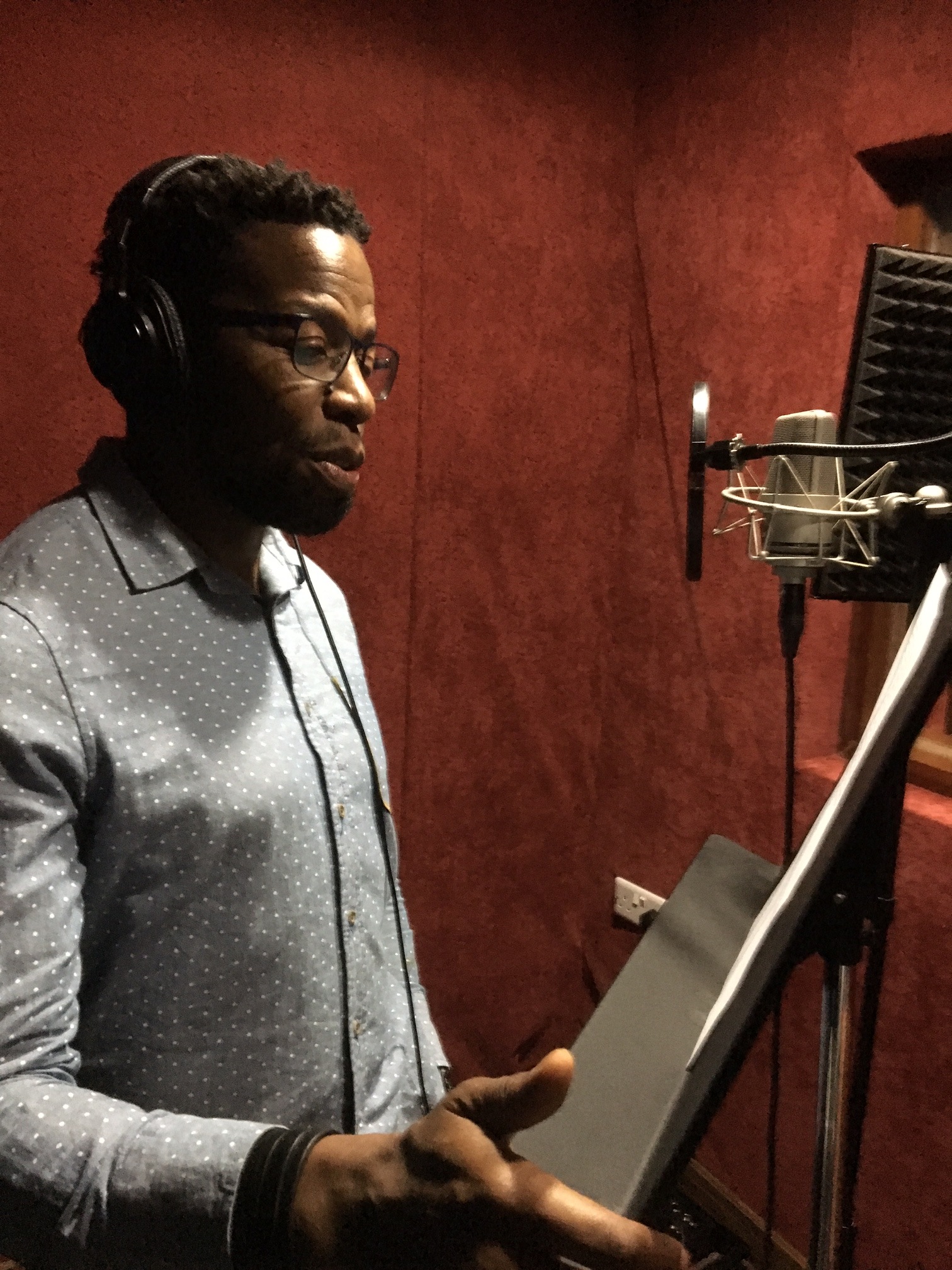
In Kenya, Kevin Mwachiro, 50, a writer, podcaster, and journalist since December 2017, is promoting African short stories, via his podcast, Nipe Story (tell me a story in Swahili), on a continent where access to literature and publishers is dwindling. His past experience as a broadcaster is helping him, and he believes that radio and podcasts must coexist.
“I think radio and podcasting can sit comfortably side by side, podcasting provides an opportunity for radio content, and I am glad it has democratised the airwaves,” Mwachiro tells Al Jazeera Journalism Review. “Radio is still king, but as podcasters we have the opportunity to partner with radio stations, but some radio stations are so commercially driven, that they are missing out on the opportunity that podcasts offer them, to complement one another.”
Improved accessibility to podcast content by consumers, Kiwanuka says could be the game changer in Africa, giving access to underreported communities and voices, further changing the media landscape. The Reuters study concluded that smartphone use is higher than in the rest of the world, however, internet access remains a constraint.
“Accessibility is also one of the reasons why podcasts are gaining traction amongst Africans. Back then, one had to buy a small radio to walk around with so that they don't miss their favourite programmes, but the triad of smartphones, the internet, and podcasts have made it easier for people to access their shows on the go.”
Labour of Love
Like any other media outlet, many podcasters see it as an opportunity to monitise, make a living, and help fund their productions to remain viable. In contrast, the Africa Podfest and Braza Media Lab report remain pessimistic about funding and sponsorship models. “Overall, there is a need for more research to understand what brands and advertisers think will help with monetisation of podcasts. There is also room to explore new formats for podcasts to generate revenue. It is also beneficial to create a specific niche for your podcast, as there may be less of a need to focus on numbers to gain funding.”
Tech advancements, especially on the part of AI, will make production, marketing and distribution easier, building a sense of community and contributing to the creative economy.
For now, in the absence of funding, Mwachiro sees podcasting as a labour of love. He pursues it not for financial gain, but for the joy of entertaining his audience. “Podcasting is hard, but I know of people who have come up with models to sponsorship and adverts. If you get into podcasting, primarily for money, you will be really frustrated because you do everything alone. What has helped me keep my costs low is that I do my own editing and have the equipment at home. Our audience does not have sufficient purchasing power yet to pay for audio content.”
African podcasters share common challenges. In Uganda, Kiwanuka struggles to upload her content, and hesitates to be identified as a digital content creator. Like many others, making a living from podcasting remains a challenge. With the increase in the young African population, who are the primary audience, the future of podcasting remains promising for podcasters like Kiwanuka and Mwachiro.
“I think podcasting is going to blow up in Africa, with more people tuning in and diverse content emerging. Tech advancements, especially on the part of AI, will make production, marketing and distribution easier, building a sense of community and contributing to the creative economy. Podcasting will also help preserve African cultures and traditions,” said Kiwanuka.
Mwachiro shared similar thoughts. “Africa is ready for many things; this is the land of storytelling. The number of podcasts emerging from Africa is amazing and people are talking about various issues, from right across the continent, giving people an opportunity to access new audiences, new things without gatekeepers in different languages.
